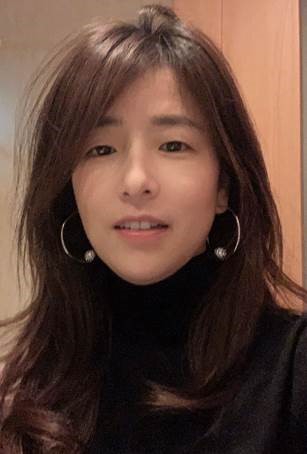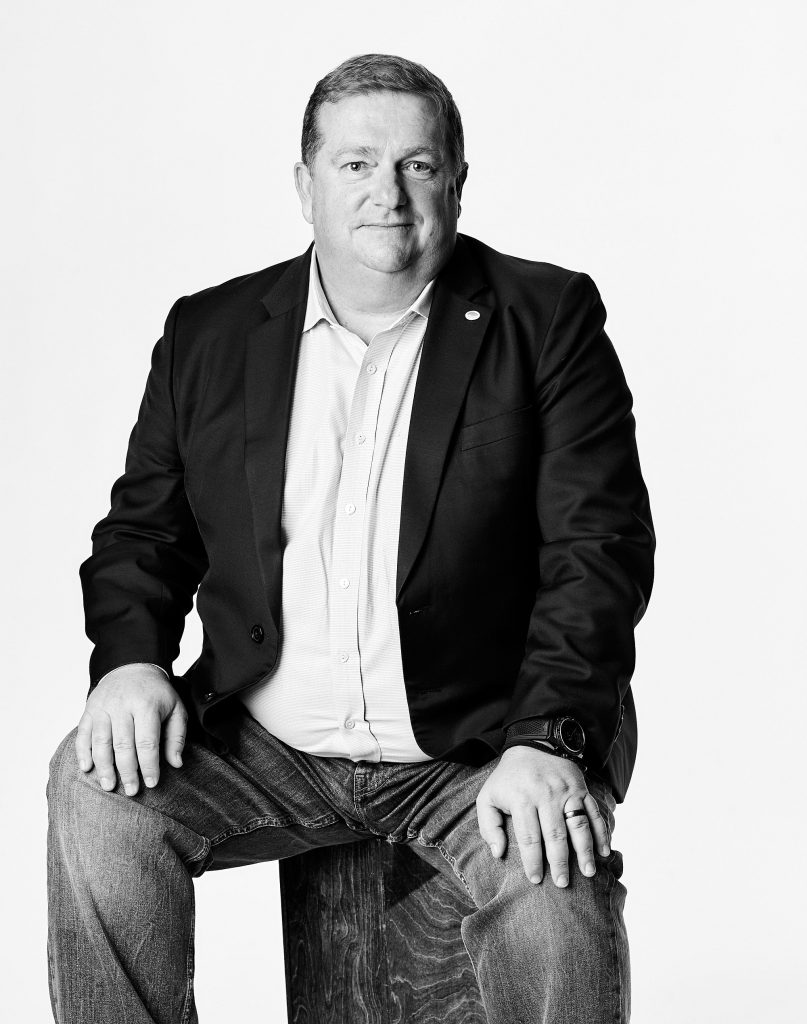Second in a Series – In the spirit of Women’s History Month in the U.S., and International Women’s Day globally, I was compelled to capture & share stories from some of the incredible women in our infrastructure business. Over the month of March, each Monday I’ll be highlighting inspirational females – women who go above and beyond and are intrinsic to our success. I feel fortunate to be leading the digital infrastructure team and to be working with such talented individuals. I’m proud to introduce them to you.
In this second blog, I’d like to introduce you to Lin Xu, Sales Ops Leader, APAC, at Hitachi Vantara. Based in Hong Kong, Lin joined the company in 2009, when it was still Hitachi Data Systems. Since then, she’s advanced to hold several roles in APAC Sales Ops. Before joining Hitachi, Lin worked at SAS Institute and RS Components. Although I know Lin well, I was pleased to catch up with her recently over video conference to learn even more about her and her journey. The following is an excerpt.
MARK ABLETT: Thanks for meeting with me today. I’d love to know what made you choose your current career path.

LIN XU: My first job was in Sales. I was in as a leasing manager in the real estate industry. In 10 months, I realized that working in frontline sales didn’t fit my characters and strengths. I prefer to be in a support role, still working with Sales which I enjoy, but still providing customer service to my internal clients, to help them achieve their targets. I see myself as a bridge.
Sales Operations is a great combination for me. After 10 years, I’m still happy in this career path.
ABLETT: You joined in one role and quickly moved into your current role and area of expertise, and are thriving, which is great to see. Sales Ops, and many other support functions are often the “unsung heroes” who allow our sales teams to fully focus on our customers.
I’m interested to know what made you decide to join Hitachi and Hitachi Vantara?
LIN: I was approached about the opportunity and my research showed Hitachi’s values (harmony, sincerity and pioneer-ship) fully align with my personal values. After an inspiring conversation with the hiring manager, Basil Botoulas, I had a panel interview with two female leaders – Jane Harris-Walker and Judy Barnett. Their progression showed me that there are opportunities here without gender and age stereotypes.
I know I made a good decision. I’ve progressed and can see growth and opportunity in a great industry, with great managers and great colleagues.
ABLETT: What obstacles or challenges have you met in your time at Hitachi and how did you overcome them?
LIN: I’ve been with the company for 14 years, and we’ve been through so many transformations, bringing in new people, new processes, new technologies and restructures.
Change management is a big challenge for me, both emotionally and psychologically. Basil gave me some great advice that to be successful when change happens, you need to reinvent yourself. When you like the company and the leaders, you need to think about how you can grow, even when uncertainty lasts for a prolonged period of time.
I’ve studied a lot and I’ve worked on my confidence. Because of my cultural heritage as a Chinese female, I’m not that vocal, although living in Australia helped. I’ve become much more outspoken than others with my background, which has helped me to be more effective in the Sales organization.
I’m now more confident dealing with an ever-changing environment, at Hitachi and in society.
ABLETT: That’s great advice. Across your career, I’m sure there have been many people who have influenced and supported your career, including Jane, Judy and Basil. How have you been supported in your journey so far?
LIN: Working in a multi-cultural organization makes us more aware of cultural differences. These differences can play out in how people understand priorities, how they work and how much they buy into our corporate initiatives. My current manager, Ubaldo Adorna, along with Basil and Jane inspired me to be open-minded, tolerant and considerate working with different cultures in APAC, and globally.
Lucia Cui in China and Erika Razali in Asia South have also supported me – their approach is to be committed, knowledgeable and to go the extra mile. They continue to inspire me.
ABLETT: To have inspiration and continue to get inspiration from others is a huge part of our development. I agree that our Hitachi culture is unique in many ways and it breeds the best in us, and we should nurture and protect it.
I’m interested to know what tips you’d give the next generation of female leaders in our business.
LIN: Basil used to say I should try new things and go for it, and learn on the job. We shouldn’t underestimate ourselves as women – focus on yourself and what your strengths and potential capabilities are and leverage those.
For those joining the company, I’d advise you to cherish and leverage the people around you to make you successful, and make them successful too. My success has also been from the people that work with me, I have learnt so much from them.
ABLETT: Kudos to you, Lin. You’ve had a very successful career at HV. You’re highly acknowledged, and your contributions go above and beyond what’s required of your role. What advice can you give to me and our leadership team about how we attract and develop the next generation of female talent? We have tremendous talent across the organisation and across the globe.
LIN: If I look at the successful women around us, they are given opportunities regardless of their gender. We’ve seen great examples of how women have progressed where it’s the right person and the right talent. Leanne Houghton becoming the global HR leader for Digital Infrastructure is one example.
Balancing gender representation at a senior level remains important, though progression should be based on capabilities, personal values and how they fit into the role. If Hitachi can continue to bring the best out of us to give the best to our company we will be able to attract the best talent, regardless of gender.

ABLETT: Fantastic, thanks Lin. I will take that advice onboard. You’re right, we need to nurture and support the great talent that we have inside the organization. Thank you for your great work ethic and contributions. I look forward to seeing you again soon in person.


